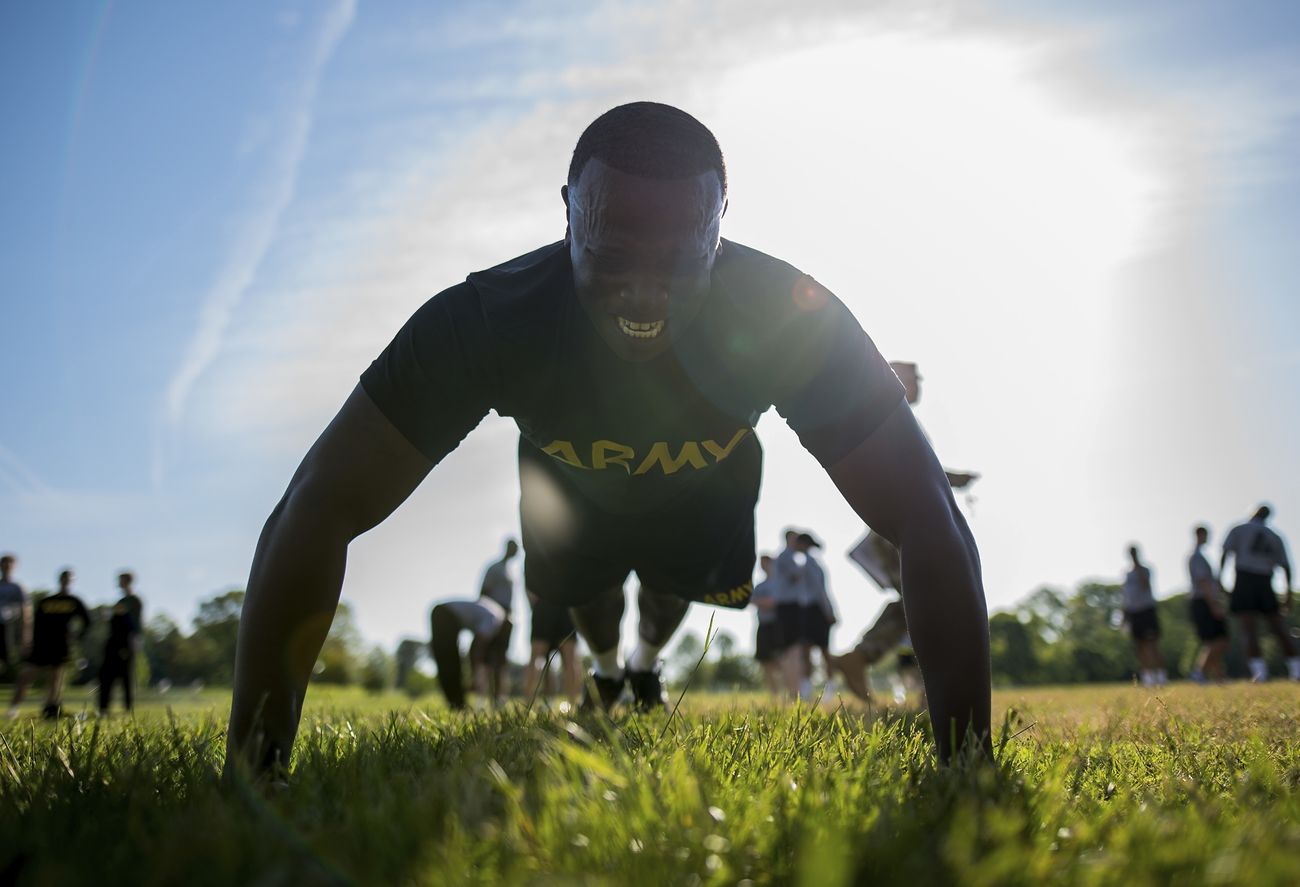You will learn about the ” continuous nature of the physical fitness concept“.
Physical fitness is a broad term that refers to the ability of an individual to perform physical activities with ease and without undue fatigue. It encompasses several factors, including
- Cardiovascular endurance
- Muscular strength
- Flexibility
- Body composition
While many people view physical fitness as a static state that can be achieved through a specific set of exercises, the truth is that physical fitness is a continuous concept that requires ongoing effort and attention.
Reason # 1 why physical fitness is a continuous concept
One of the reasons “why physical fitness is a continuous concept” is that it is influenced by a wide range of factors, including
- Genetics
- Lifestyle habits
- Environmental factors
For example, some people may be born with a natural predisposition towards certain physical abilities, such as high endurance or strength.
However, even individuals with a genetic advantage must continually work to maintain their physical fitness levels.
Similarly, lifestyle habits such as diet, sleep, and stress management can have a significant impact on physical fitness.
Suppose, individuals who consume a diet high in processed foods and sugar may experience decreased energy levels and reduced physical performance.
Here’s the video of “nature of the physical fitness concept”.
On the other side, those who prioritize a healthy, balanced diet that includes plenty of whole foods and nutrients may experience improved physical fitness and overall health.
Environmental factors such as air quality, temperature, and altitude can also affect physical fitness.
For example, individuals who live in areas with high levels of pollution may experience decreased lung function, while those who train at high altitudes may experience increased endurance.
Reason # 2 Why physical fitness is a continuous concept
Physical fitness is a continuous concept is that it requires ongoing effort and attention. While individuals may achieve a certain level of physical fitness through a specific training regimen or lifestyle changes.
They must continue to challenge their bodies and maintain healthy habits to sustain that level of fitness. This may involve incorporating new exercises, increasing the intensity or duration of workouts, or adjusting dietary habits to support ongoing physical activity.
Finally, physical fitness is a continuous concept because it is not a fixed state. Rather, physical fitness levels can fluctuate over time in response to changes in lifestyle, environment, and overall health.
For example, individuals may experience a temporary decrease in physical fitness due to illness or injury, or they may experience an increase in physical fitness due to changes in diet, exercise habits, or other factors.

